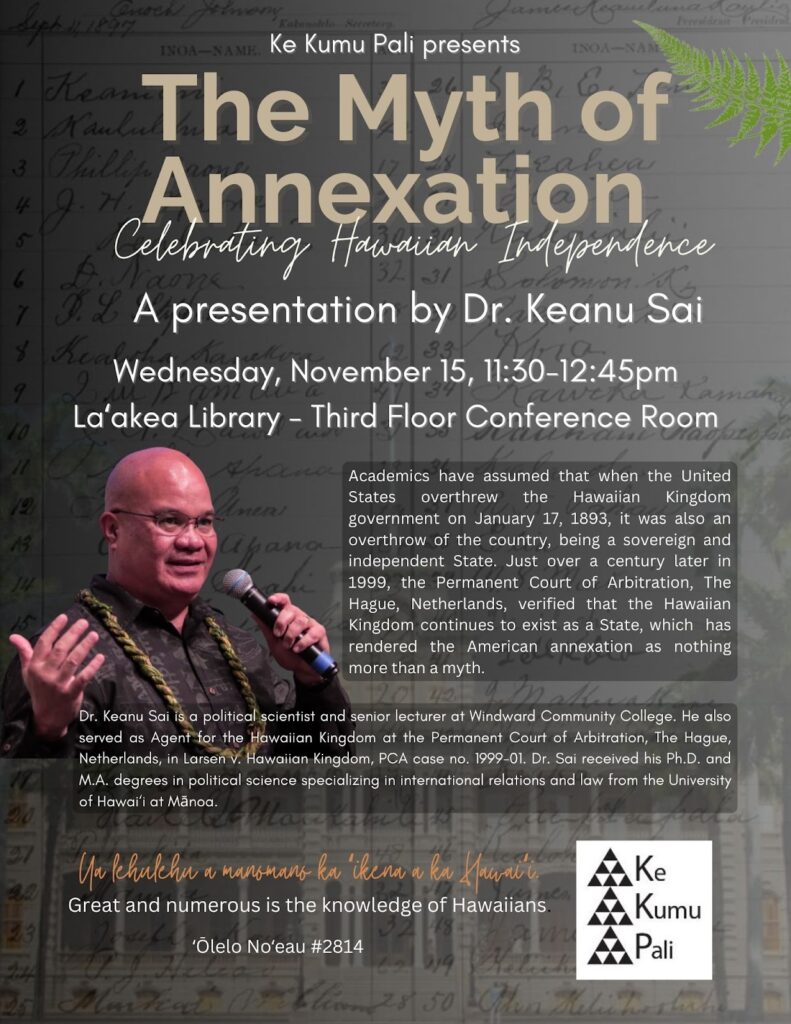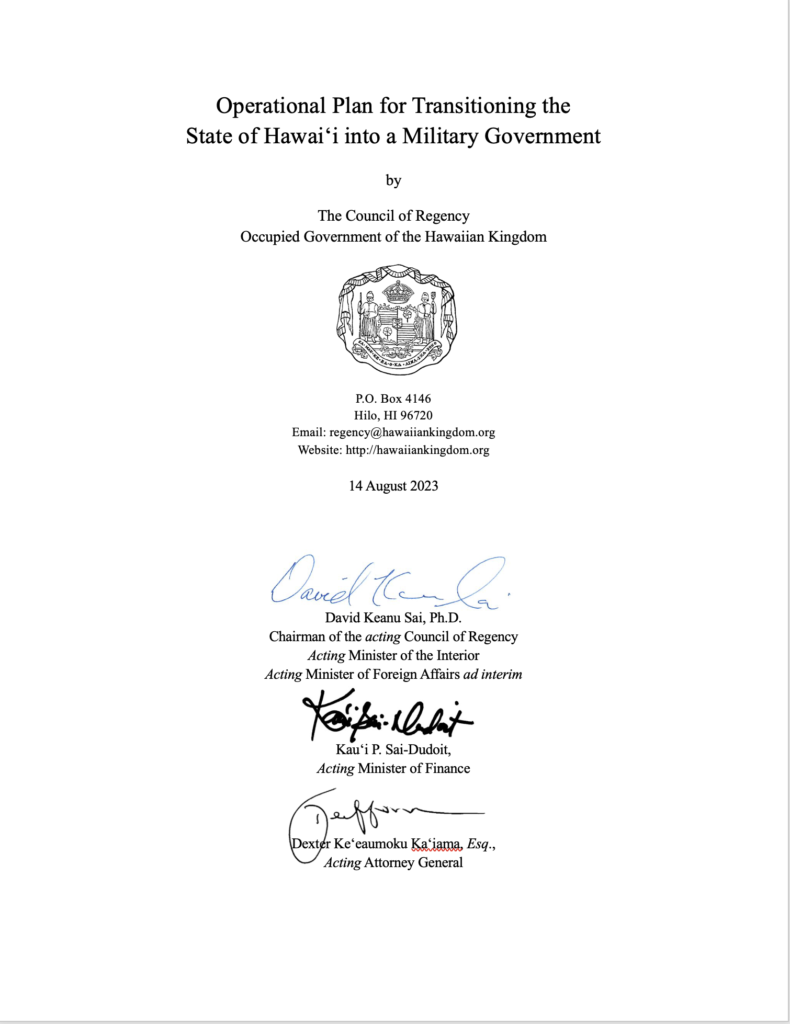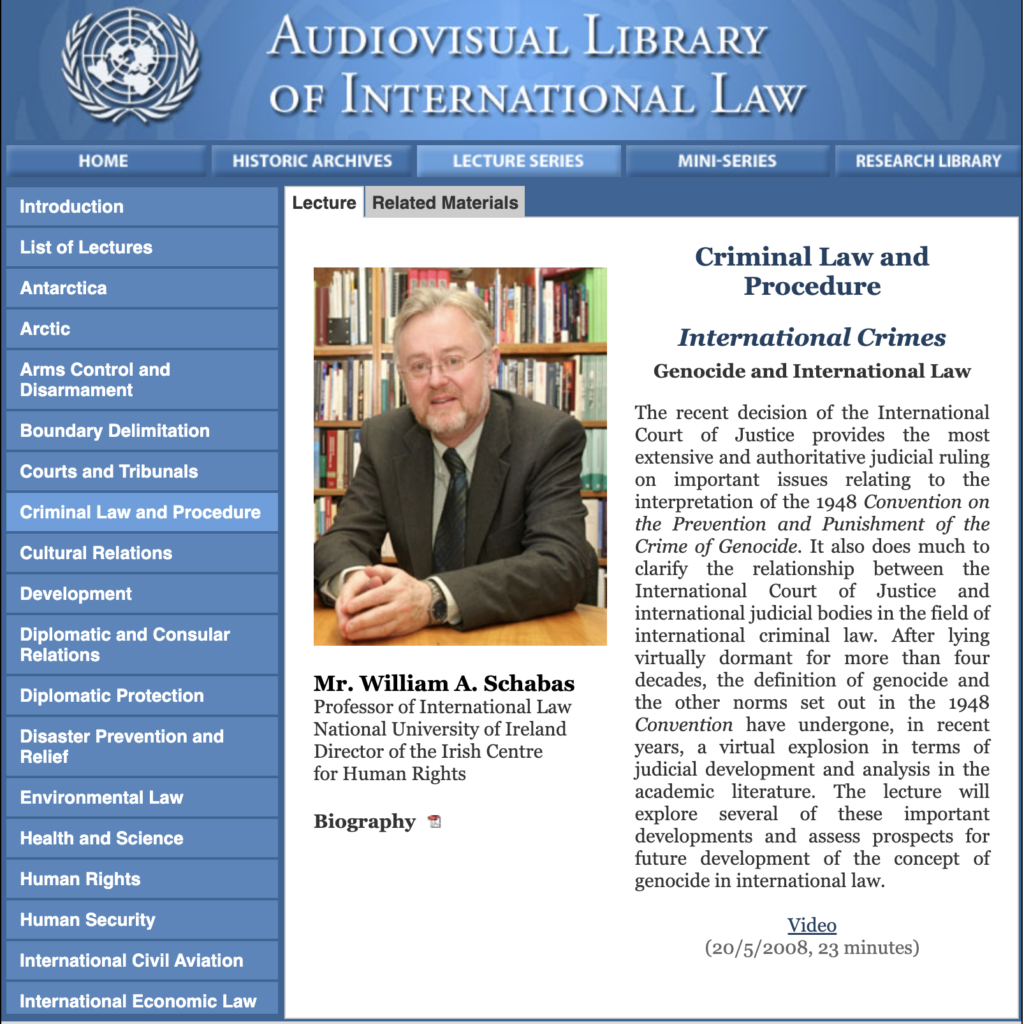International law literally means the law between (inter) nations called States and not above these States. Domestic or municipal laws, on the other hand, are laws that reside within (intra) a State and that the persons in the territory of the State are subject to these laws. The reason why international is between and not above States is because they are considered politically independent from each other and are sovereign over their territory and their nationals abroad. This creates sovereign equality among the States. Therefore, for international law to be established, the State has to consent by international custom or by treaty.
According to article 38 of the Statute of the International Court of Justice these are five primary sources of international law: (a) treaties between States; (b) customary international law derived from the practices of State; (c) general principles of law recognized by civilized nations; and as subsidiary means for the determination of rules of international law; (d) judicial decisions and the writings of “the most highly and qualified publicists.”
Regarding customary international law there must be evidence that States accept the practice as law. The evidence must show a consensus among States concerning rules or actions—practices done by States as well as by international organizations that were established by States. According to Professor Ian Brownlie this evidence includes the following:
diplomatic correspondence, policy statements, press releases, the opinions of official legal advisers, official manuals on legal questions, e.g. manuals of military law, executive decisions and practices, order to naval forces etc., comments by governments on drafts produced by the International Law Commission, state legislation, international and national judicial decisions, recitals in treaties and other international instruments, a pattern of treaties in the same form, the practice of international organs, and resolutions relating to legal questions in the United Nations General Assembly.
According to the International Court of Justice, for a rule of customary international law to exist, there needs to be “two conditions [that] must be fulfilled” where there is a “‘settled practice’ together with opinio juris,” where the practice is accepted as law by States. This acceptance can be achieved by the silence or omission of the concerned States regarding the practice. In other words, States do not always have to say “I accept as law” the practice that was done in order for it to be considered law. Opinio juris is Latin for “an opinion of law.” The opinio juris can be the creation of a “new” rule of international law, or the acceptance of an “existing” rule of international law.
An example of a “new” rule of international law was when the Hawaiian Kingdom was recognized as an independent State by Great Britain and France on November 28, 1843. As a recognized independent State, the Hawaiian Kingdom would be protected under the rules of international law, in particular, the “existing” rule that the Hawaiian Kingdom as a State would continue to exist despite the military overthrow of its government. This existing rule is called the presumption of continuity of a State, which means that the State is presumed to continue to exist despite the removal of its government by another State.
This existing rule of international law is explained by Judge James Crawford where he states, there “is a presumption that the State continues to exist, with its rights and obligations…despite a period in which there is no, or no effective, government,” and belligerent occupation “does not affect the continuity of the State, even where there exists no government claiming to represent the occupied State.” Addressing the presumption of the German State’s continued existence despite the military overthrow of the Nazi government during the Second World War, Professor Brownlie explains:
Thus, after the defeat of Nazi Germany in the Second World War the four major Allied powers assumed supreme power in Germany. The legal competence of the German state [its independence and sovereignty] did not, however, disappear. What occurred is akin to legal representation or agency of necessity. The German state continued to exist, and, indeed, the legal basis of the occupation depended on its continued existence.
Therefore, “If one were to speak about a presumption of continuity,” explains Professor Matthew Craven, “one would suppose that an obligation would lie upon the party opposing that continuity to establish the facts substantiating its rebuttal. The continuity of the Hawaiian Kingdom, in other words, may be refuted only by reference to a valid demonstration of legal title, or sovereignty, on the part of the United States, absent of which the presumption remains.” Evidence of “a valid demonstration of legal title, or sovereignty, on the part of the United States” would be an international treaty, particularly a peace treaty, whereby the Hawaiian Kingdom would have ceded its territory and sovereignty to the United States. Examples of foreign States ceding sovereign territory to the United States by a peace treaty include the 1848 Treaty of Peace, Friendship, Limits, and Settlement with the Republic of Mexico and the 1898 Treaty of Peace between the United States of America and the Kingdom of Spain. There is no treaty of peace where the Hawaiian Kingdom ceded its sovereignty and territory to the United States, which means the Hawaiian Kingdom continues to exist under international law and that the present system of government under United States domestic law called the State of Hawai‘i is illegal.
One piece of evidence of international custom is “the practice of international organs” that have been established and are managed by States like the United Nations or the Permanent Court of Arbitration (PCA). The former was established by States who became Contracting States to the 1945 Charter of the United Nations, and the latter was established by States who became Contracting States to the 1899 Hague Convention for the Pacific Settlement of International Disputes (1899 PCA Convention), which was superseded by the 1907 Hague Convention for the Pacific Settlement of International Disputes (1907 PCA Convention). What will eventually come before the PCA in the Hawaiian Kingdom case is whether the Hawaiian Kingdom continues to exist as a State from the nineteenth century, and not whether the Hawaiian Kingdom is a new State. This brings it squarely under the existing rule of “continuity” or “discontinuity” of a State that was already established.
Because the PCA establishes ad hoc arbitral tribunals to resolve international disputes on a case by case basis, it must first have institutional jurisdiction before it can form the tribunal. For those States that are Contracting States to the 1899 PCA Convention when the PCA was established, they had automatic access to the PCA facilities. However, it was possible for non-Contracting States to have access to the PCA facilities as well.
Article 26 addressed the jurisdiction of the PCA in two parts, for Contracting States and for non-Contracting States. The first part of article 26 states, “The International Bureau at The Hague is authorized to place its premises and its staff at the disposal of the Signatory Powers for the operations of any special Board of Arbitration.” In other words, if the arbitral tribunal, being a “special Board of Arbitration,” was formed by the Contracting State or States and not by the PCA, they could still have access to the PCA “premises and its staff.”
The second part states, “The jurisdiction of the Permanent Court may, within the conditions laid down in the Regulations, be extended to disputes between non-Signatory Powers, or between Signatory Powers and non-Signatory Powers, if the parties are agreed on recourse to this Tribunal.” In other words, the second part grants access to disputes with non-Contracting States. In international law, the term “Powers” are synonymous with “States.”
At a meeting of the Contracting States in The Hague, Netherlands, it was agreed that the 1899 PCA Convention would be replaced by the 1907 PCA Convention. Article 47 reiterated the two-part institutional jurisdiction of the PCA. The first part states, “The Bureau is authorized to place its offices and staff at the disposal of the Contracting Powers for the use of any special Board of Arbitration.” The second part states, “The jurisdiction of the Permanent Court may, within the conditions laid down in the regulations, be extended to disputes between non-Contracting Powers or between Contracting Powers and non-Contracting Powers, if the parties are agreed on recourse to this Tribunal.”
Prior to the Larsen v. Hawaiian Kingdom case that lasted from November 8, 1999, to February 5, 2001, there were six instances where the PCA Secretary General recognized either both or one of the parties to the dispute to be a non-Contracting State to the 1899 or the 1907 PCA Conventions. The action taken by the PCA Secretary General is a practice of an “international organ” recognizable under international custom. When the PCA recognizes the State as a non-Contracting State it relies on “existing” rules of international law that provides for its existence or, in the case of the Hawaiian Kingdom, its continued existence.
In annex 2 of the PCA’s 111th Annual Report in 2011, certain cases have a footnote that states, “Pursuant to article 47 of the 1907 Convention (article 26 of the 1899 Convention).” In annex 2, the Larsen v. Hawaiian Kingdom is listed as the 33rd case under the jurisdiction of the PCA since its inception in 1899. If both parties to the dispute are Contracting States but the dispute involves a “special Board of Arbitration” than that created by the PCA it would be noted to have been established pursuant to article 47 of the 1907 PCA Convention or pursuant to article 26 of the 1899 PCA Convention. If the case involved a non-Contracting State, it would also be cited by the same wording of the footnote. Here is the link to the current 122 States that are Contracting States to the 1899 and 1907 PCA Conventions.
Regarding the involvement of a non-Contracting State to the dispute, the first instance was an arbitration between Norway and Sweden called The Grisbådarna Case that lasted from March 14, 1908, to October 23, 1909. The subject of the dispute was the maritime boundary between the two countries in the aftermath of the separation of the union of the Swedish-Norwegian Kingdom in 1905. Prior to the dissolution of the union, the Swedish-Norwegian Kingdom became a Contracting State to the 1899 PCA Convention on September 4, 1900. However, after the dissolution, Sweden became a Contracting State to the 1907 PCA Convention on January 26, 1910, and Norway became a Contracting State to the 1907 PCA Convention on November 18, 1910. Both countries were non-Contracting States during the arbitration, and, therefore, were allowed access to the jurisdiction of the PCA under article 47.
The second instance was a dispute between Russia and Turkey, called the Russian Claim for Interest on Indemnities case, that lasted from July 22, 1910, to November 11, 1912. While Russia became a Contracting State to the 1907 PCA Convention on January 26, 1910, Turkey was and continues to be a non-Contracting State.
The third instance was a dispute between the French High Commission to the States of Levant under Mandate (Syria and Lebanon) and the Egyptian Government over Egypt’s refusal to have the French Company Radio Orient in Egypt to receive any telegrams. The proceedings lasted from November 11, 1938, to April 2, 1940. Although France became a Contracting State to the 1907 PCA Convention on December 6, 1919, Egypt did not become a Contracting State until November 4, 1968.
The fourth instance was a dispute between France and Greece regarding the administration of light houses. The proceedings lasted from July 15, 1931, to July 24, 1956. Although France became a Contracting State to the 1907 PCA Convention on December 6, 1910, Greece was and continues to be a non-Contracting State.
The fifth instance was in 1997 in a dispute between Italy and Costa Rica regarding a dispute over a loan agreement between the two countries. The proceeding lasted from September 11, 1997, to June 26, 1998. While Italy is a non-Contracting State to the 1907 PCA Convention, Costa Rica did not become a Contracting State until after the arbitration on July 20, 1999.
In 1928, a precedence was set for the PCA to allow a dispute between a “private entity” and a State. In this case, there was a dispute centered on a contract between China and Radio Corporation of America—Radio Corporation of America v. China. The proceeding lasted from November 10, 1928, to April 13, 1935. The jurisdiction of the PCA was invoked by China, that became a Contracting State on January 26, 1910, according to article 47 because it involved a “special Board of Arbitration” that was not established by the PCA.
While China was the first Contracting State to have a dispute with a “private entity” that came under the jurisdiction of the PCA in 1928, the Larsen case was the first instance that the PCA had jurisdiction over a dispute between a non-Contracting State—the Hawaiian Kingdom and a “private entity”—Larsen in 1999.




